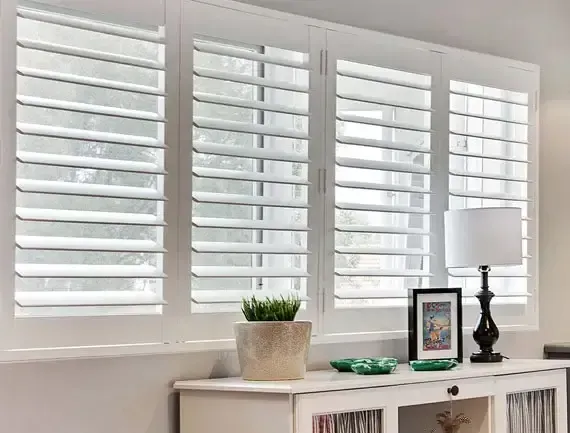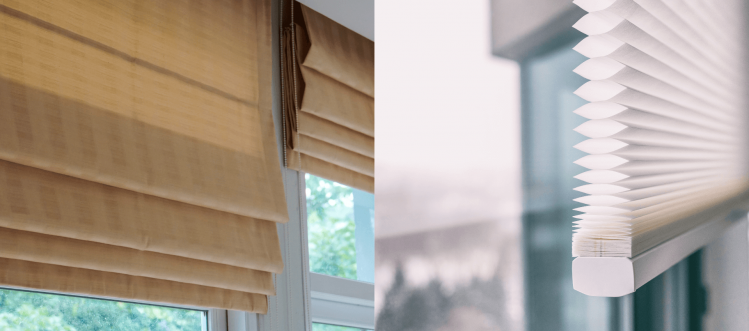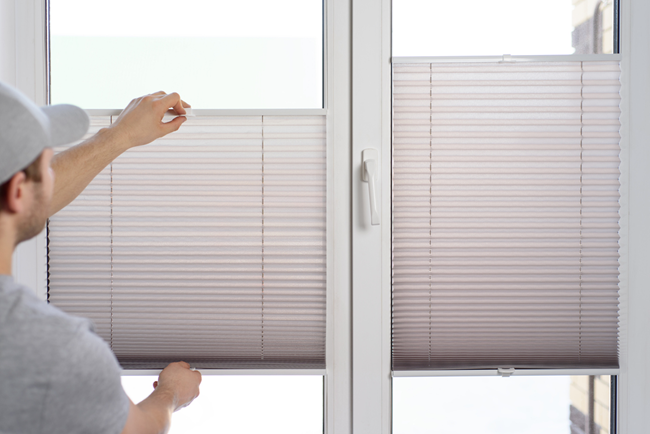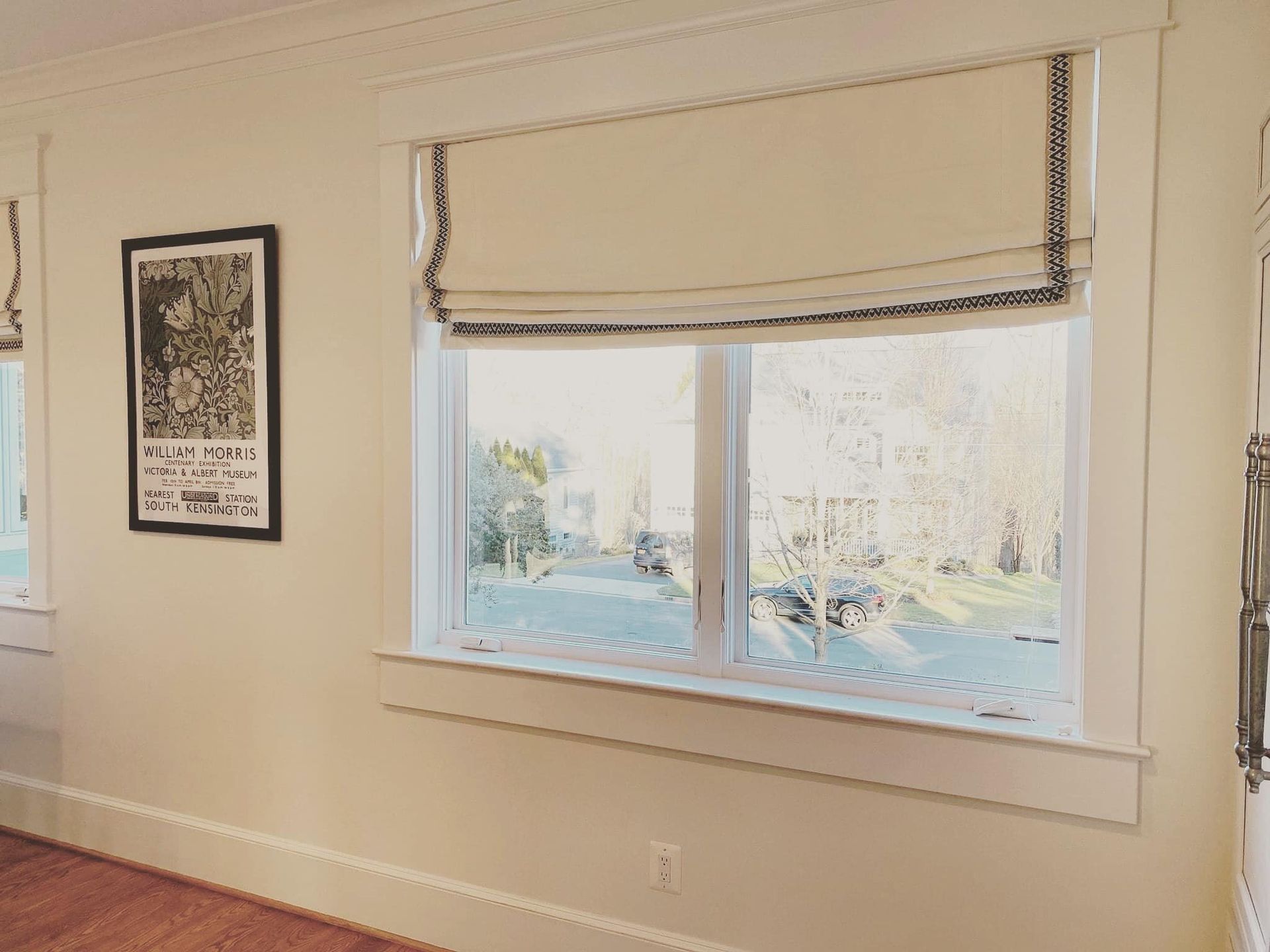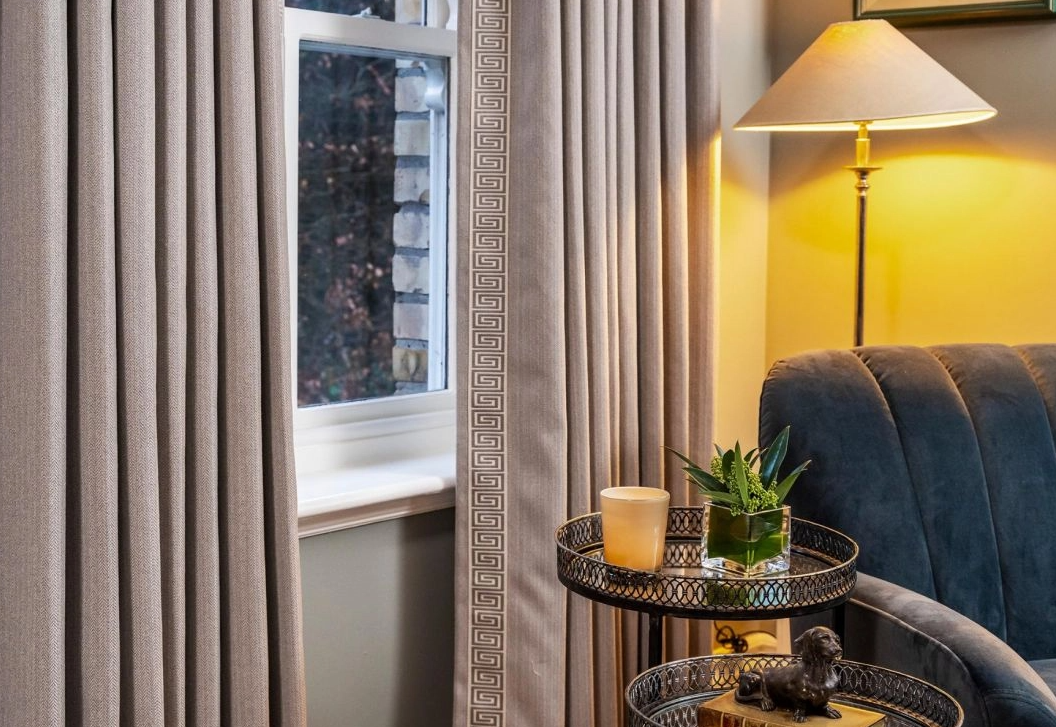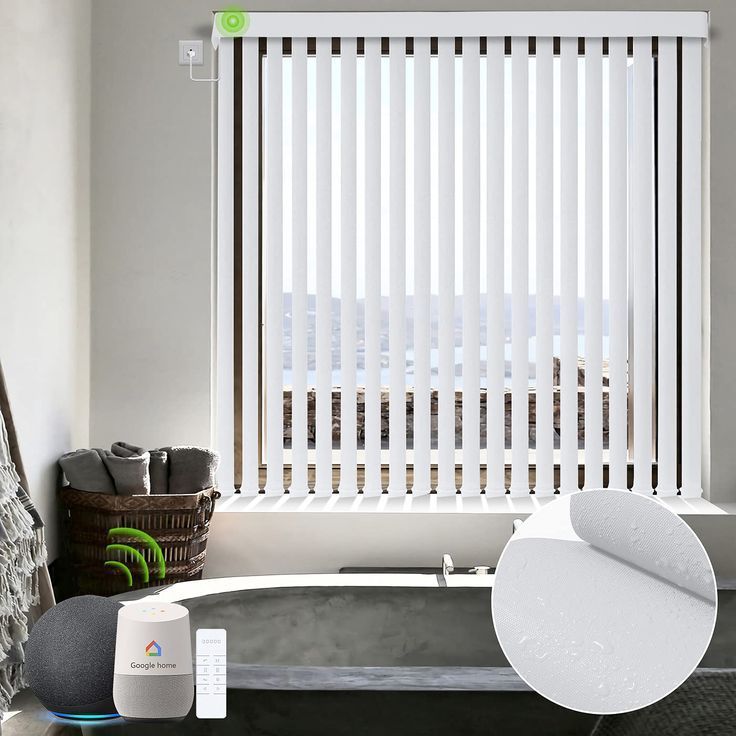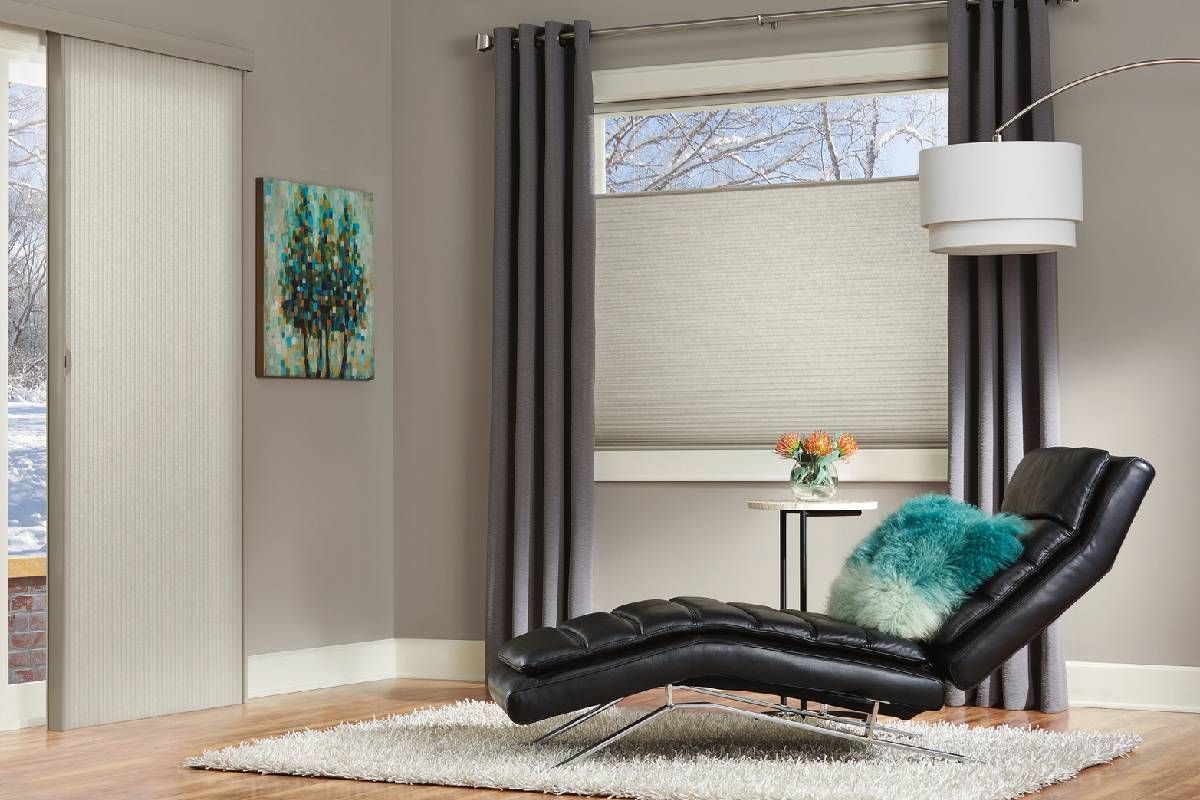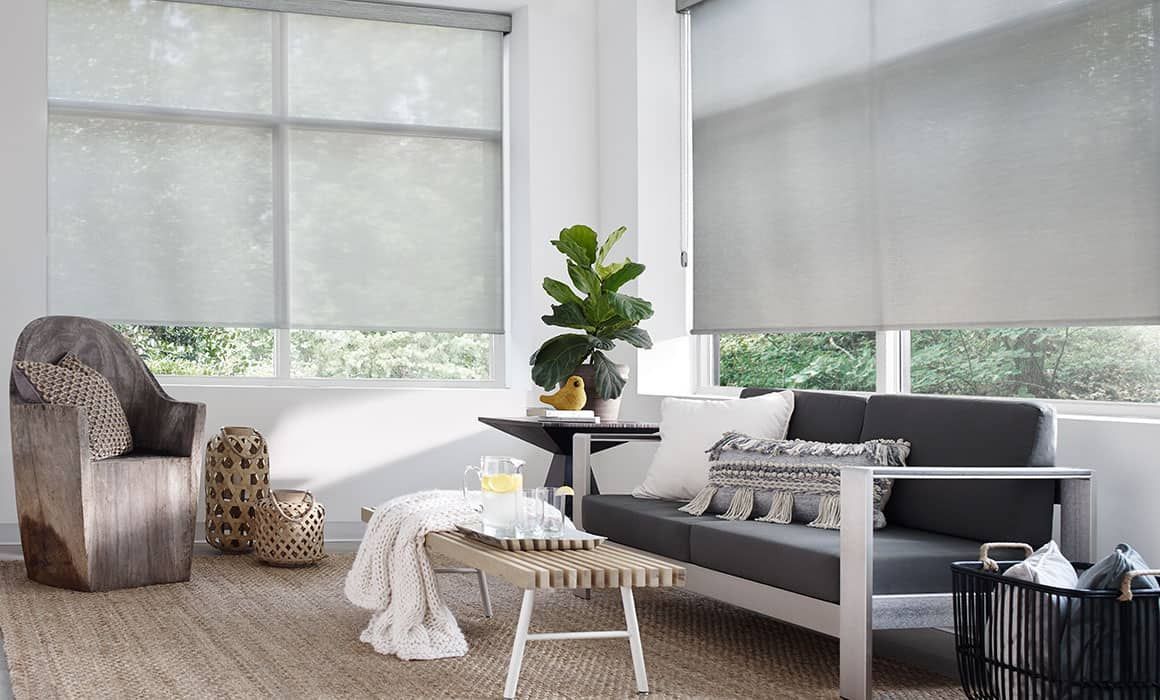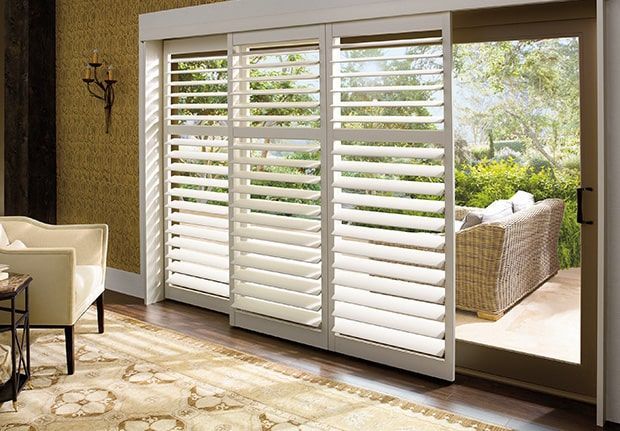How to Choose the Right Basement Window Blinds for Privacy?
TLDR;
The best blinds for basement windows are faux wood, vinyl, and blackout roller shades because they resist moisture, offer excellent privacy, and provide insulation in humid or dark environments. Choose based on your basement's specific needs—whether that's controlling light, preventing mold, or improving comfort and aesthetics.
Why Basement Blinds Need to Be Different
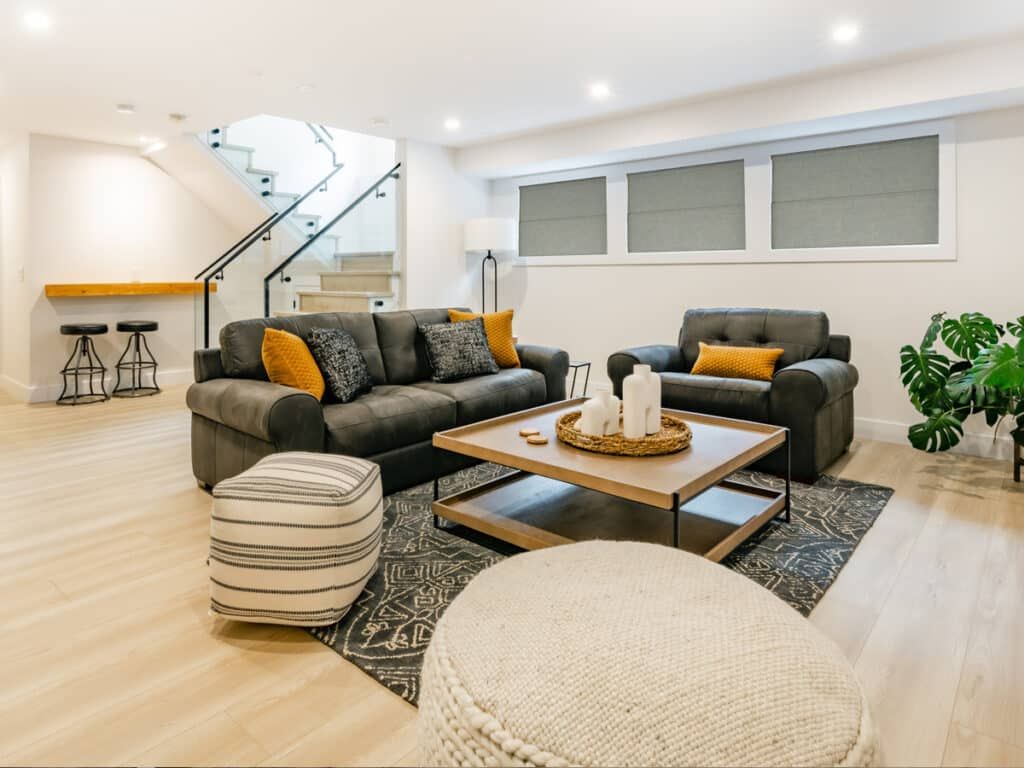
Basement spaces come with unique challenges that standard window treatments aren't built for.
- Higher humidity levels can lead to warping, mold, or mildew
- Limited natural light makes lighting control more important
- Ground-level or below-ground windows often demand more privacy
- Unusual window shapes or sizes are common
That means blinds for basement windows must do more than just look good. They need to handle moisture, fit oddly shaped frames, and insulate against temperature swings.
Common Challenges of Basement Windows
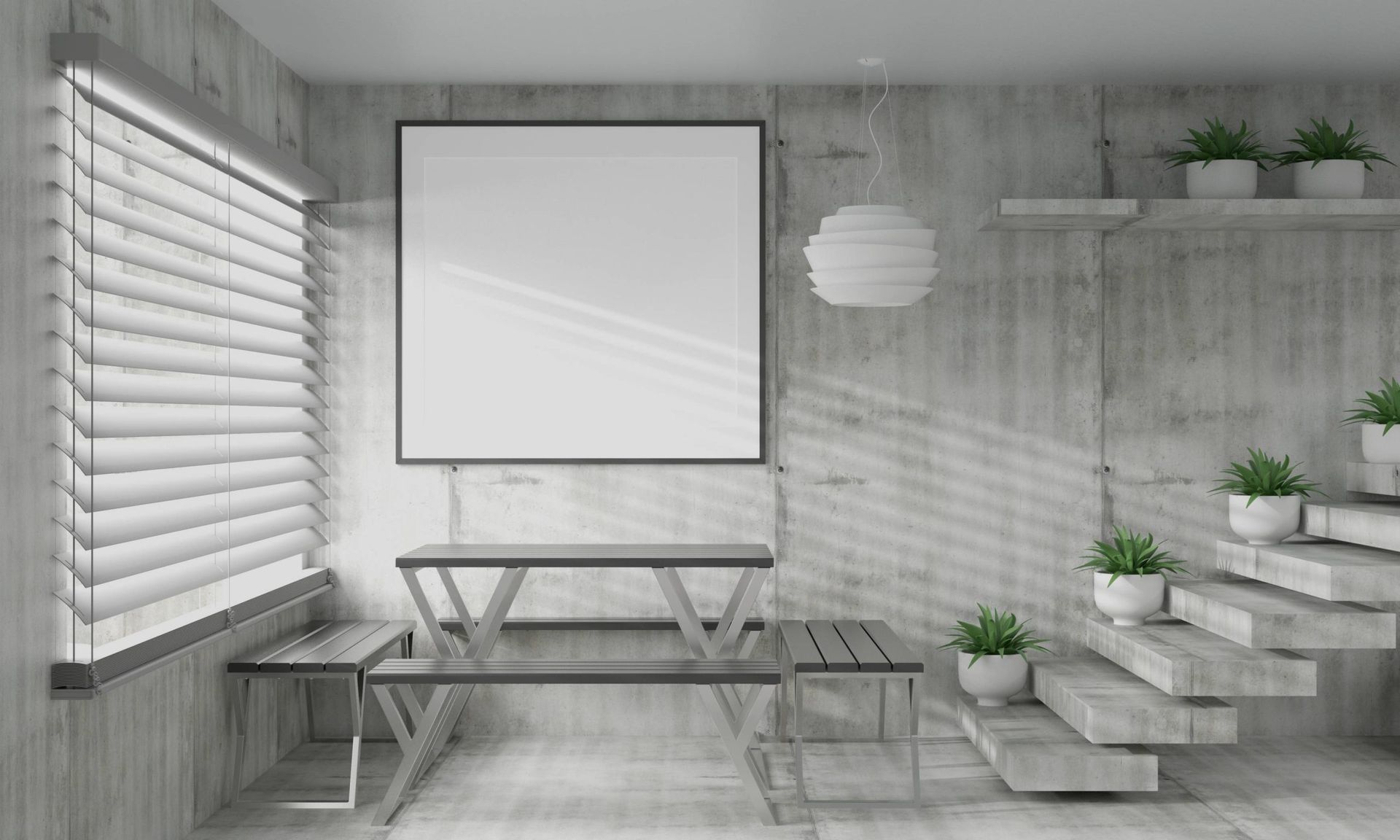
Moisture and Humidity
Basements are prone to damp air, condensation, and water seepage.
- Real wood blinds can warp or rot
- Fabric shades may absorb moisture and harbor mold
Choose faux wood, vinyl, or aluminum mini blinds for moisture resistance.
Low Natural Light
Because most basements have small or high windows:
- Light control becomes crucial
- Glare and dimness may both be issues
- Light-filtering or blackout blinds help you manage it
Privacy Concerns
Basement windows are often eye-level with ground level, leaving your space exposed.
- Blackout roller shades and cellular shades block visibility entirely
- Top-down/bottom-up shades allow flexible control
Odd Window Sizes and Frames
- Many basement windows are narrow, short, or high-set
- You may need custom sizes or flexible mounting options
Best Basement Window Blinds (With Pros and Cons)
Faux Wood Blinds
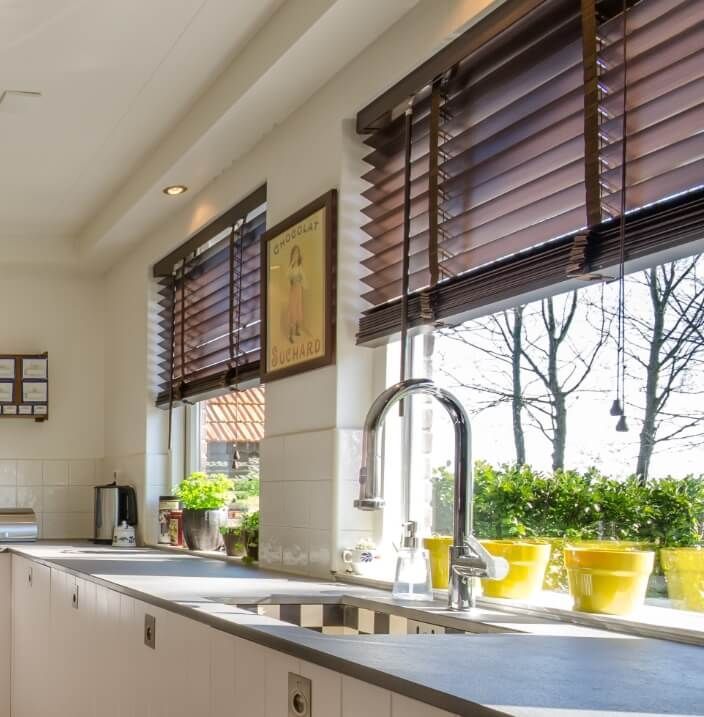
Ideal for style, durability, and moisture resistance
- Mimic real wood, but don’t warp in damp conditions
- Easy to clean and maintain
- Offer strong privacy and light control
Pros:
- Water-resistant
- Long-lasting and stylish
- Great for modern or rustic looks
Cons:
- Heavier than other blinds
- Slightly more expensive than vinyl
Vinyl Blinds
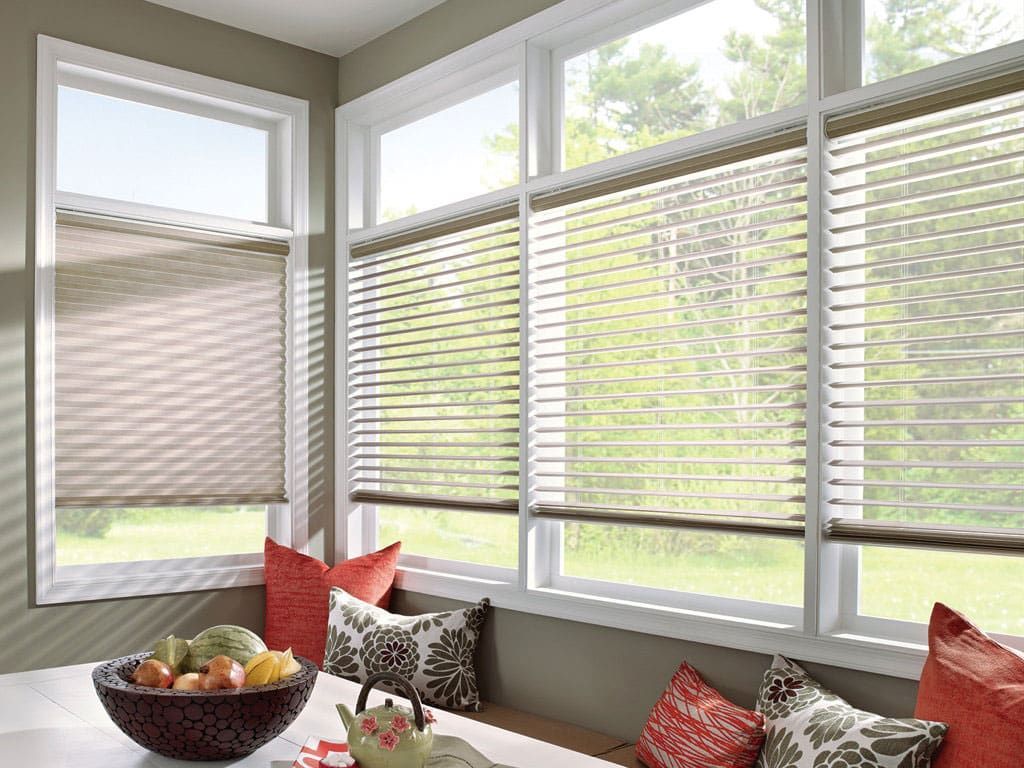
Budget-friendly and easy to clean
- Lightweight and waterproof
- Available in various colors and finishes
- Ideal for high-humidity areas
Pros:
- Inexpensive
- Perfect for moist or musty basements
- Quick to install and replace
Cons:
- Less insulation value
- Not as stylish as faux wood
Cellular Shades (Honeycomb)
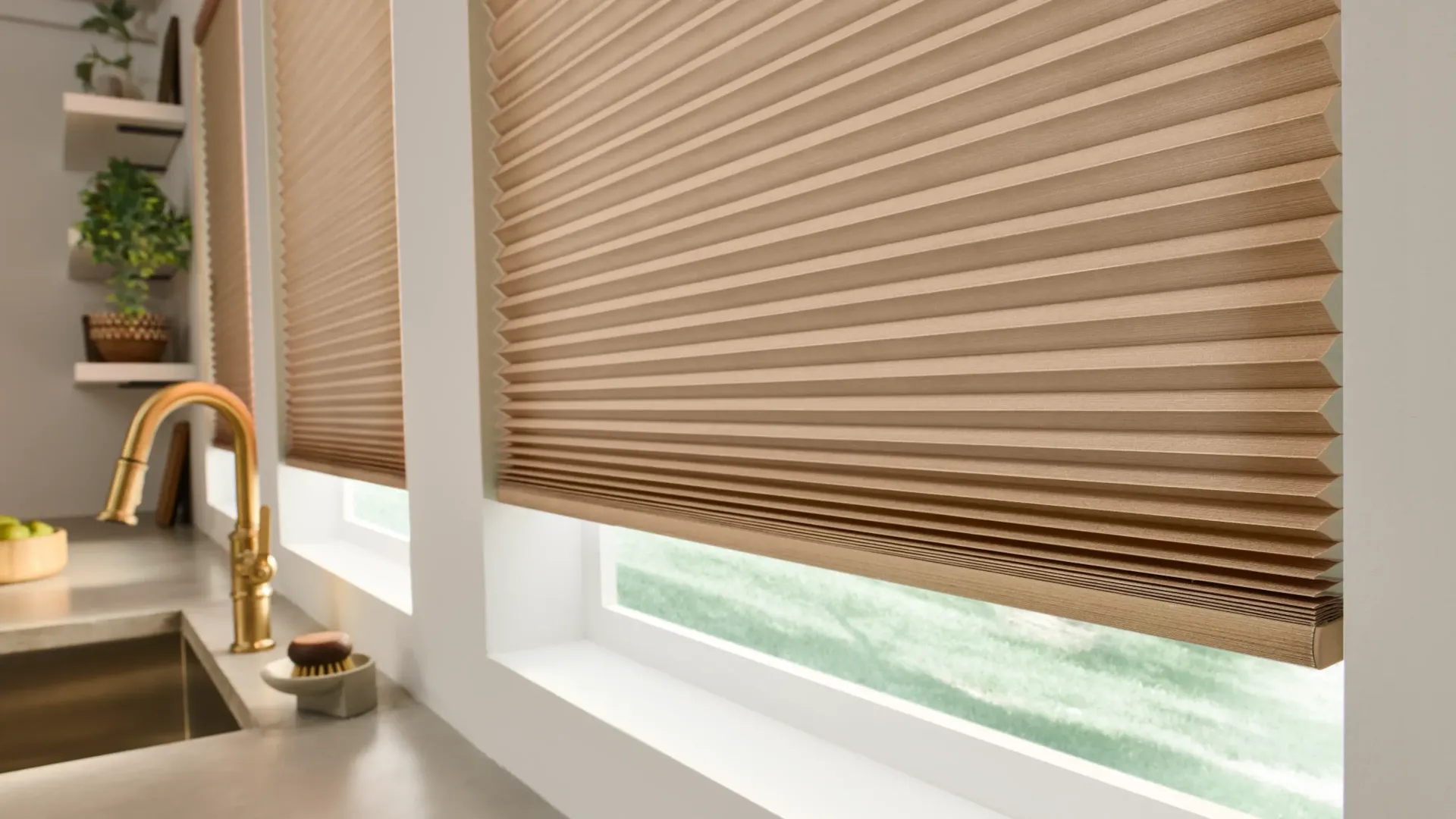
Perfect for insulation and soundproofing
- Trap air to regulate temperature
- Available in light-filtering and blackout options
- Enhance privacy without losing softness
Pros:
- Energy-efficient
- Noise reduction
- Works well in cold-climate basements
Cons:
- Can be expensive
- Fabric can absorb moisture in very damp areas
Blackout Roller Shades
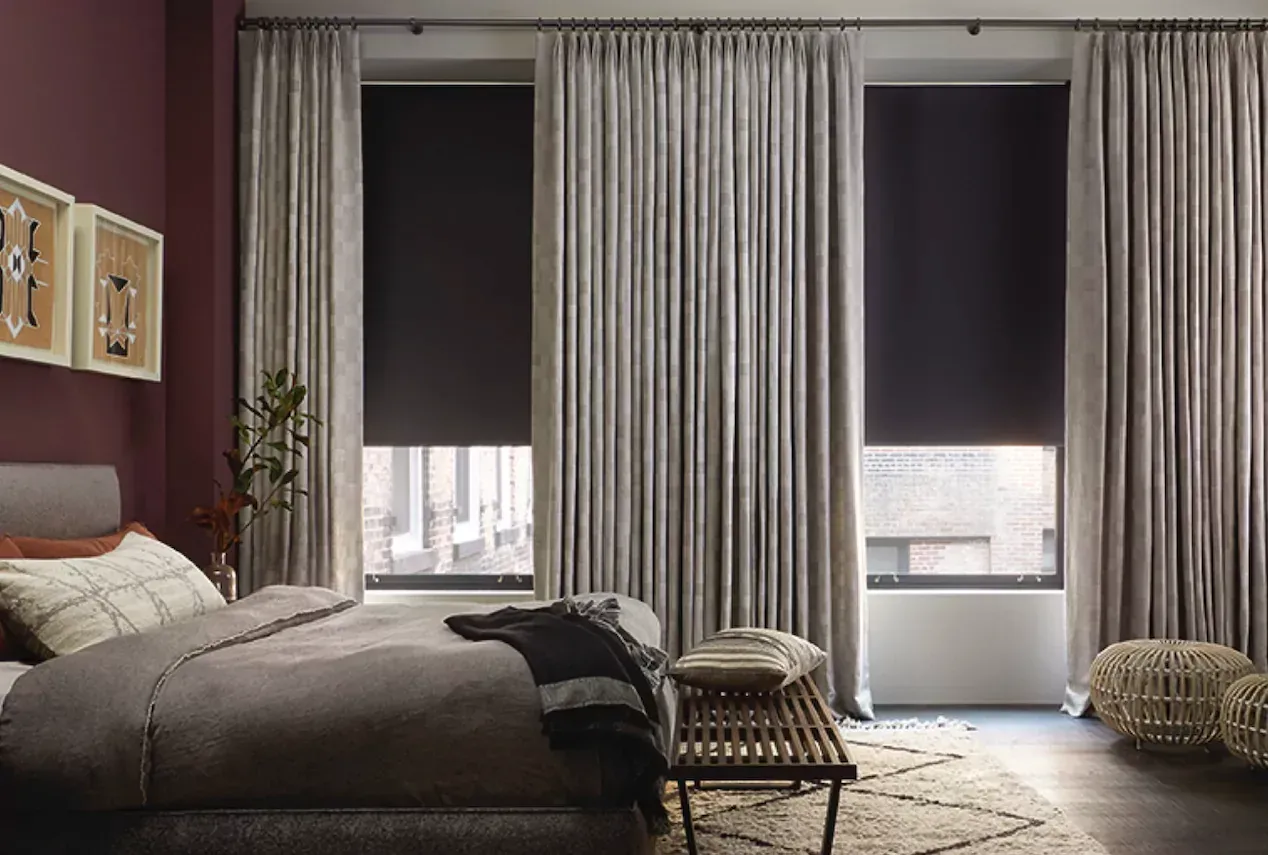
Whether you're outfitting a basement bedroom or looking for apartment blinds or shades that deliver privacy and style, blackout roller shades offer a clean look with total light and privacy control.
- Sleek design fits tight to the window
- Great for home theaters or basement bedrooms
Pros:
- Maximum privacy
- Modern aesthetic
- Easy to operate
Cons:
- Limited insulation value
- Not ideal for oddly shaped windows
Aluminum Mini Blinds
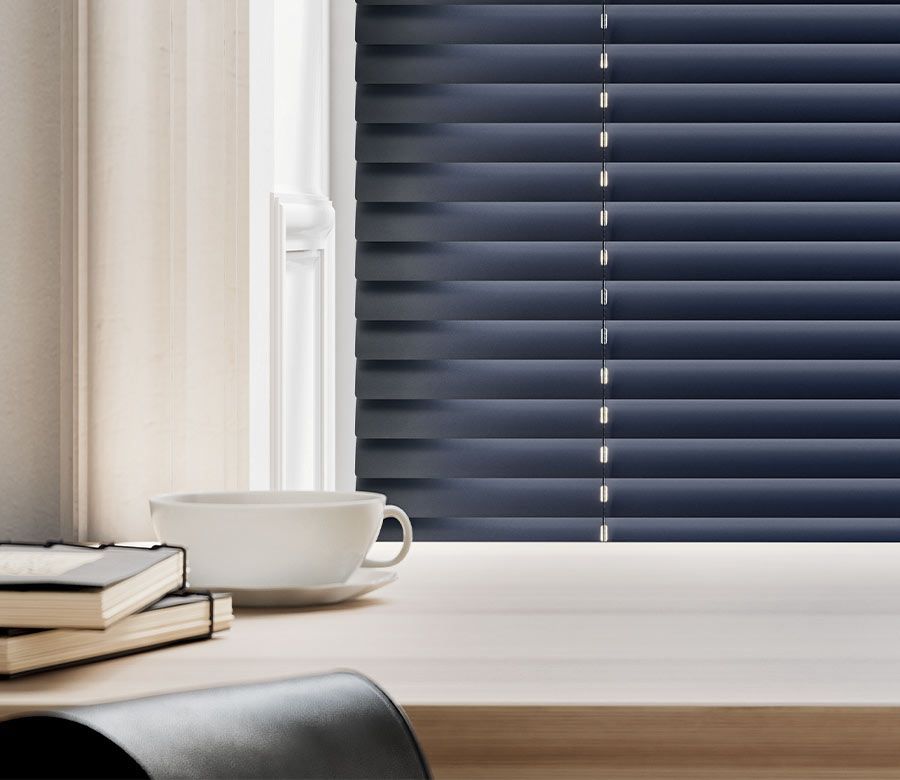
Rust-resistant and low-maintenance
- Slim slats fit small or narrow basement windows
- Not affected by dampness
Pros:
- Cheap and long-lasting
- Easy to clean
Cons:
- Minimal energy efficiency
- Industrial appearance
Smart or Motorized Blinds
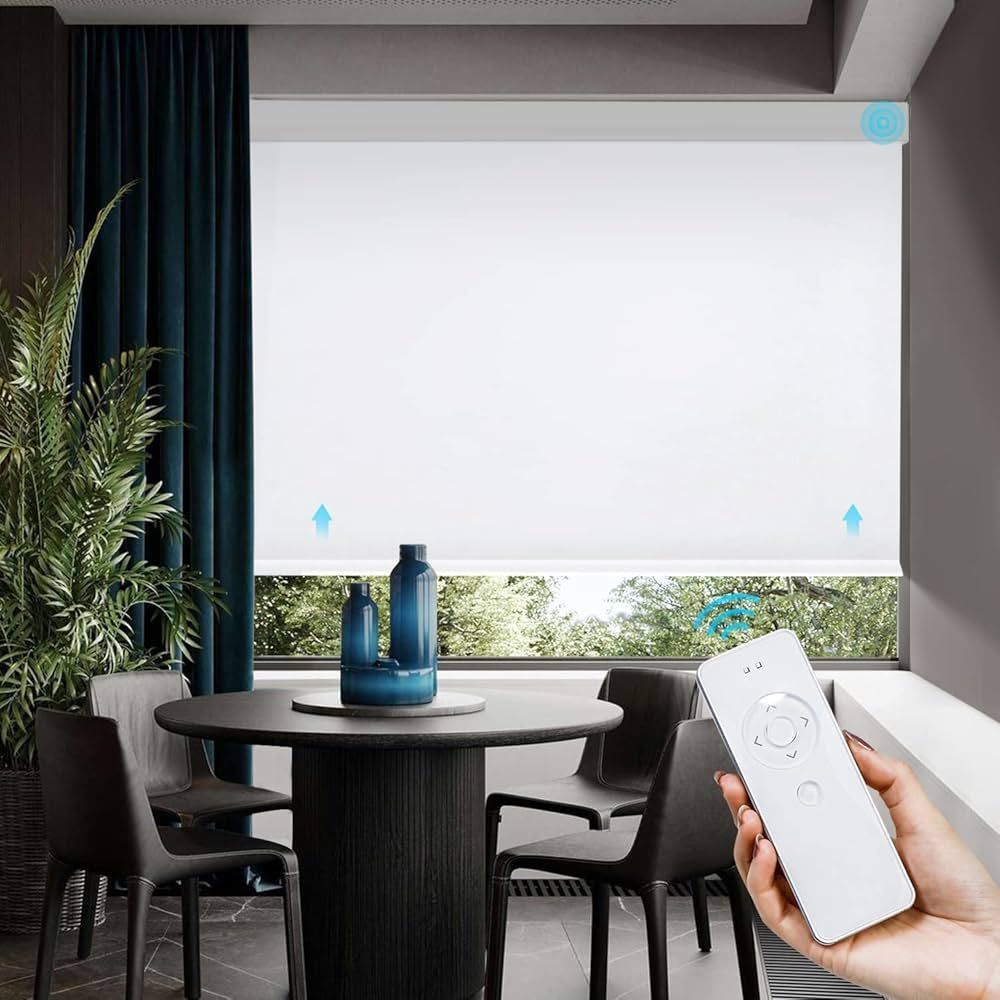
Useful for high or hard-to-reach basement windows
- Control with remote or voice command
- Pairs well with smart home setups
Pros:
- Convenient and safe for kids/pets
- Adds value to the space
Cons:
- Costly
- Requires power source or charging
Key Considerations When Choosing Basement Window Blinds
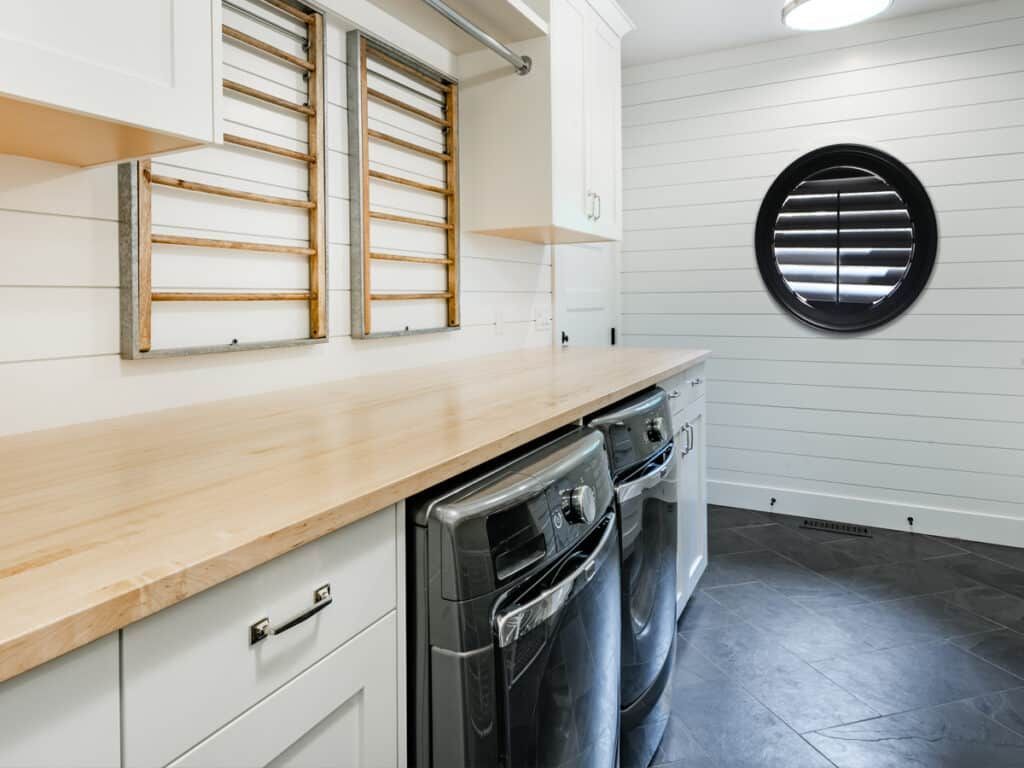
Moisture Resistance
Basements are moisture-prone. You need blinds that won’t warp, absorb water, or grow mold.
Top moisture-resistant options:
- Faux wood
- Vinyl
- Aluminum
Privacy Level
What will the room be used for?
- Blackout blinds for bedrooms or media rooms
- Light-filtering shades for home gyms, offices, or playrooms
Light Control
Basements can be dark, so you need flexibility
- Cellular shades allow soft light in while maintaining privacy
- Top-down bottom-up shades let you control where the light enters
Window Size & Shape
- Small, high, or oddly shaped windows need custom solutions
- Roller shades and aluminum mini blinds are great for non-standard openings
Energy Efficiency
Basements often suffer from drafts or heat loss
- Insulated blinds like honeycomb cellular shades trap air and improve comfort year-round
Aesthetic Fit
Match your blinds to the basement’s design theme
- Rustic? Choose wood-look finishes
- Modern? Go with minimalist roller or vertical shades
- Multifunctional? Neutral tones add versatility
Maintenance & Longevity
- Choose blinds that are easy to wipe down
- Avoid options like fabric shades that require deep cleaning
Budget & Installation
Factor in both product and installation costs
- Vinyl and aluminum blinds are most budget-friendly
- Motorized or custom-fitted blinds cost more but add functionality
Installation Tips for Basement Blinds
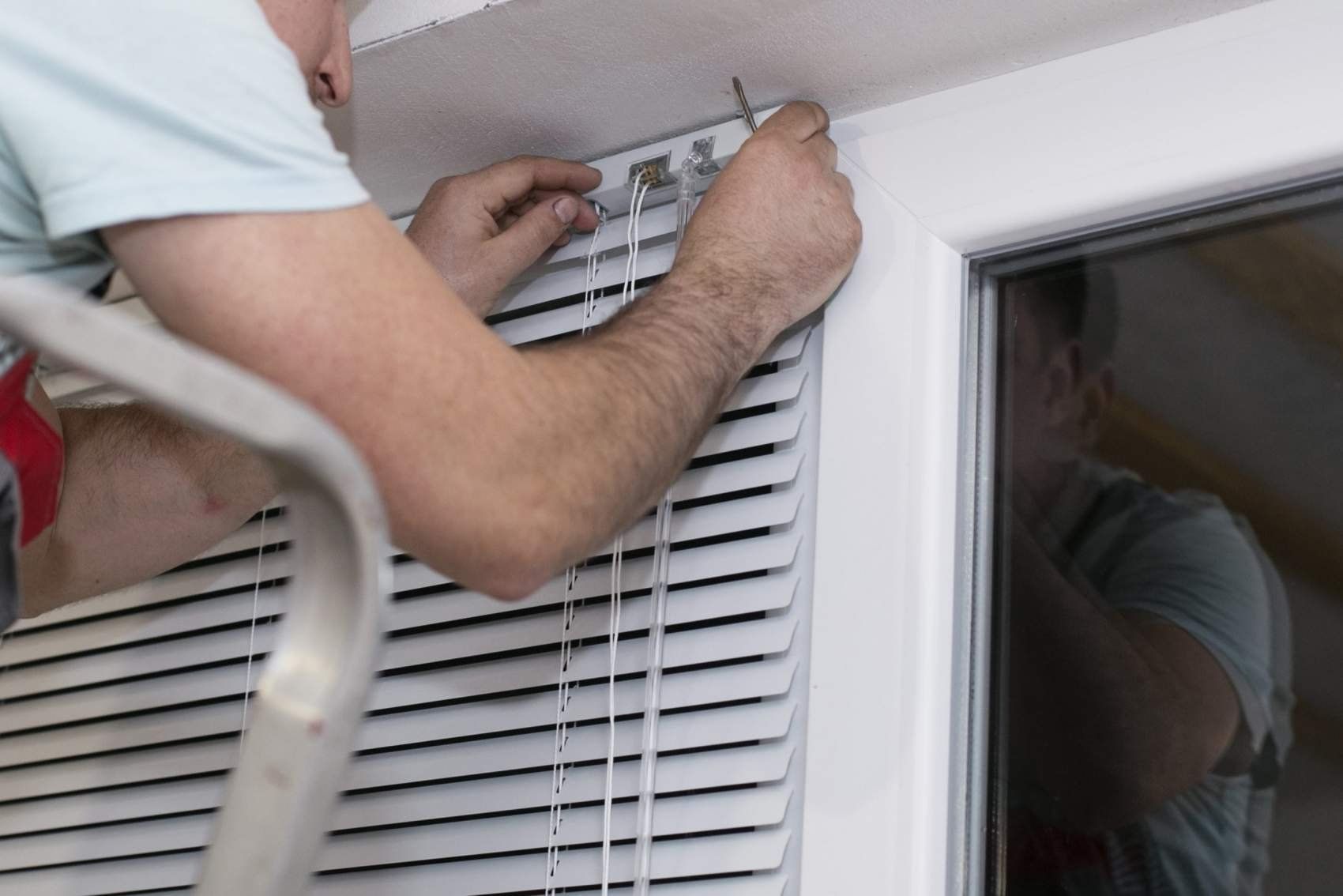
Mounting Options
- Inside mount: Clean look, less coverage
- Outside mount: Better for small windows or when total blackout is needed
Mounting on Concrete or Brick
- Use masonry anchors and a power drill
- Pre-drill holes and use appropriate screws
Child & Pet Safety
- Opt for cordless or motorized designs
- Install safety brackets securely
DIY vs Professional
- Basic blinds like vinyl or faux wood are DIY-friendly
- Complex or high-end shades (like motorized) may need pro installation
Cleaning & Maintenance Tips
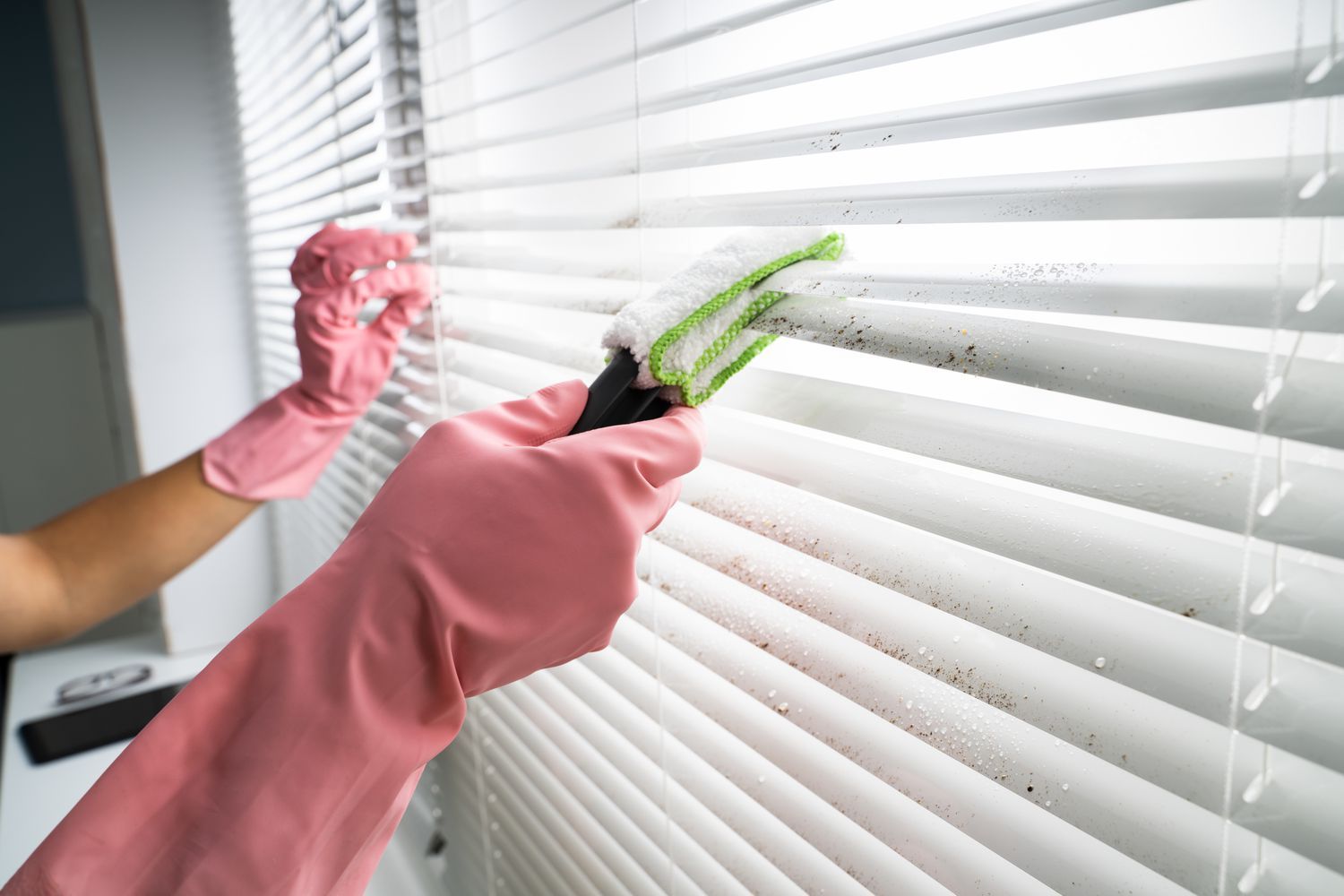
Regular Cleaning
- Dust often with microfiber cloth or vacuum
- Wipe faux wood and vinyl with damp cloth
Mold Prevention
- Avoid excessive moisture
- Use mildew-resistant cleaners on surfaces
- Run a dehumidifier if needed
Smart Blinds Care
- Keep electronic parts dry
- Recharge battery-powered models as needed
How Your Climate Impacts Blind Selection
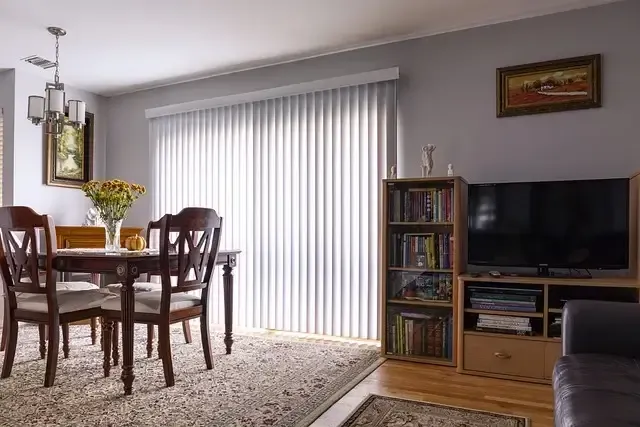
Humid Climates
- Stick to faux wood, vinyl, or aluminum
- Avoid fabric or real wood
Cold Climates
- Use cellular shades or thermal roller shades
- Improve insulation to avoid drafts
Dry or Moderate Climates
- Greater flexibility in material selection
Basement Design Tips Using Blinds
- Use white or light-colored blinds to reflect light and brighten the room
- Match blind color with wall or flooring for a cohesive look
- Combine blinds with valances or drapes for added warmth and style
- Use vertical blinds for wide or sliding basement windows

